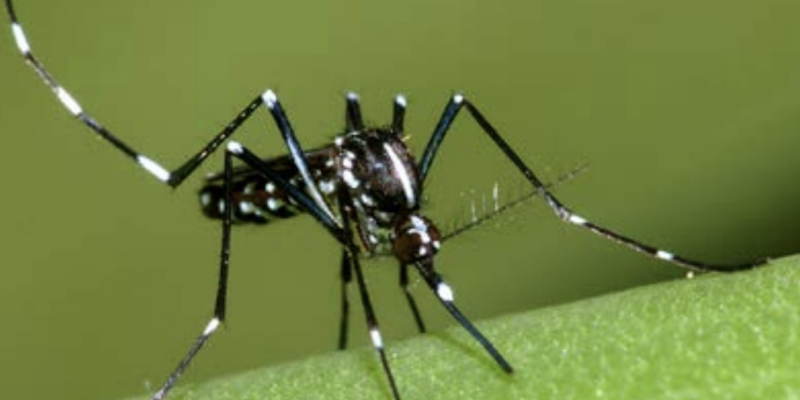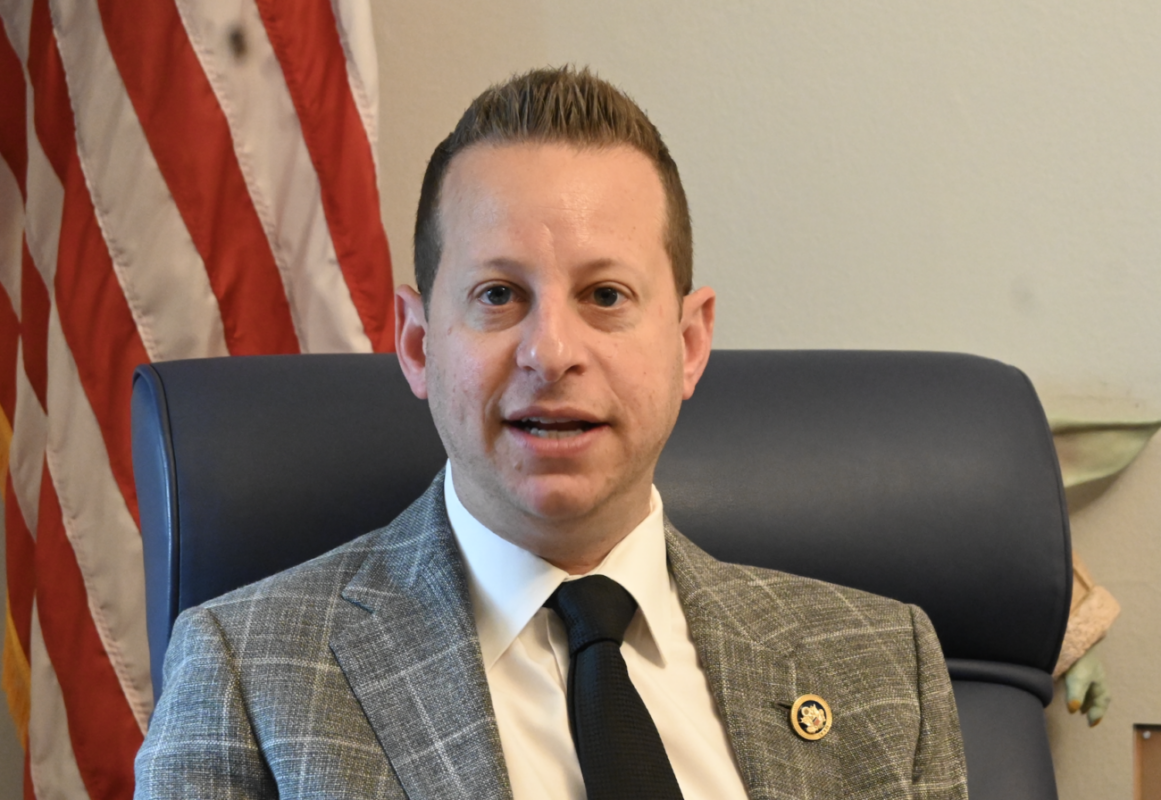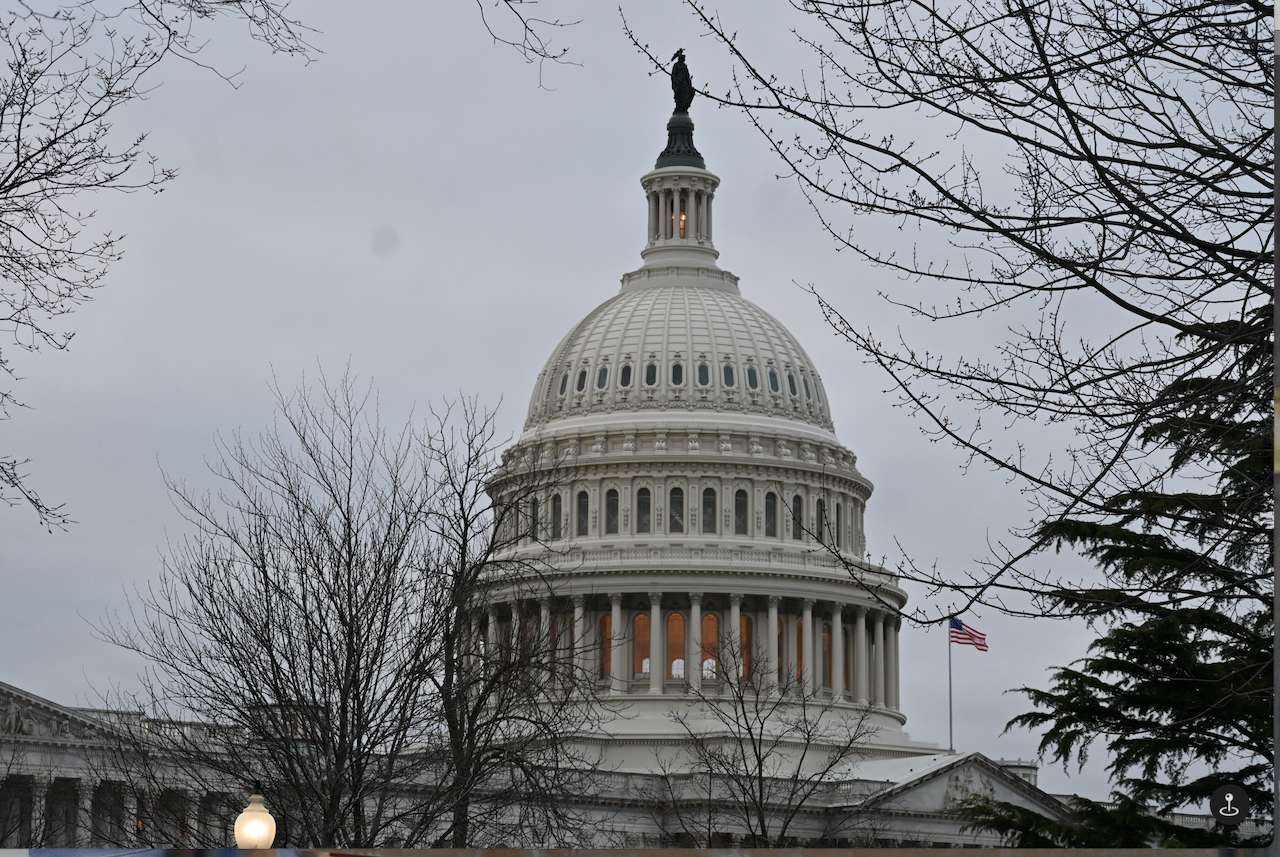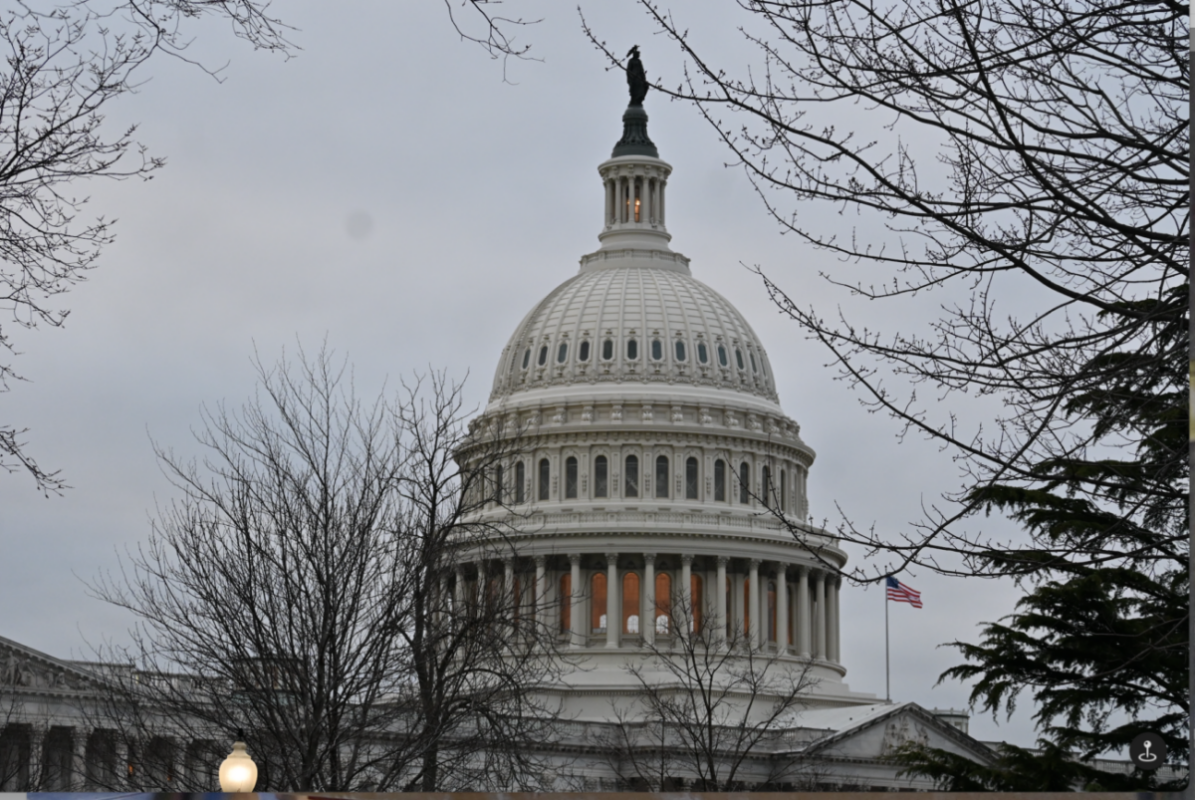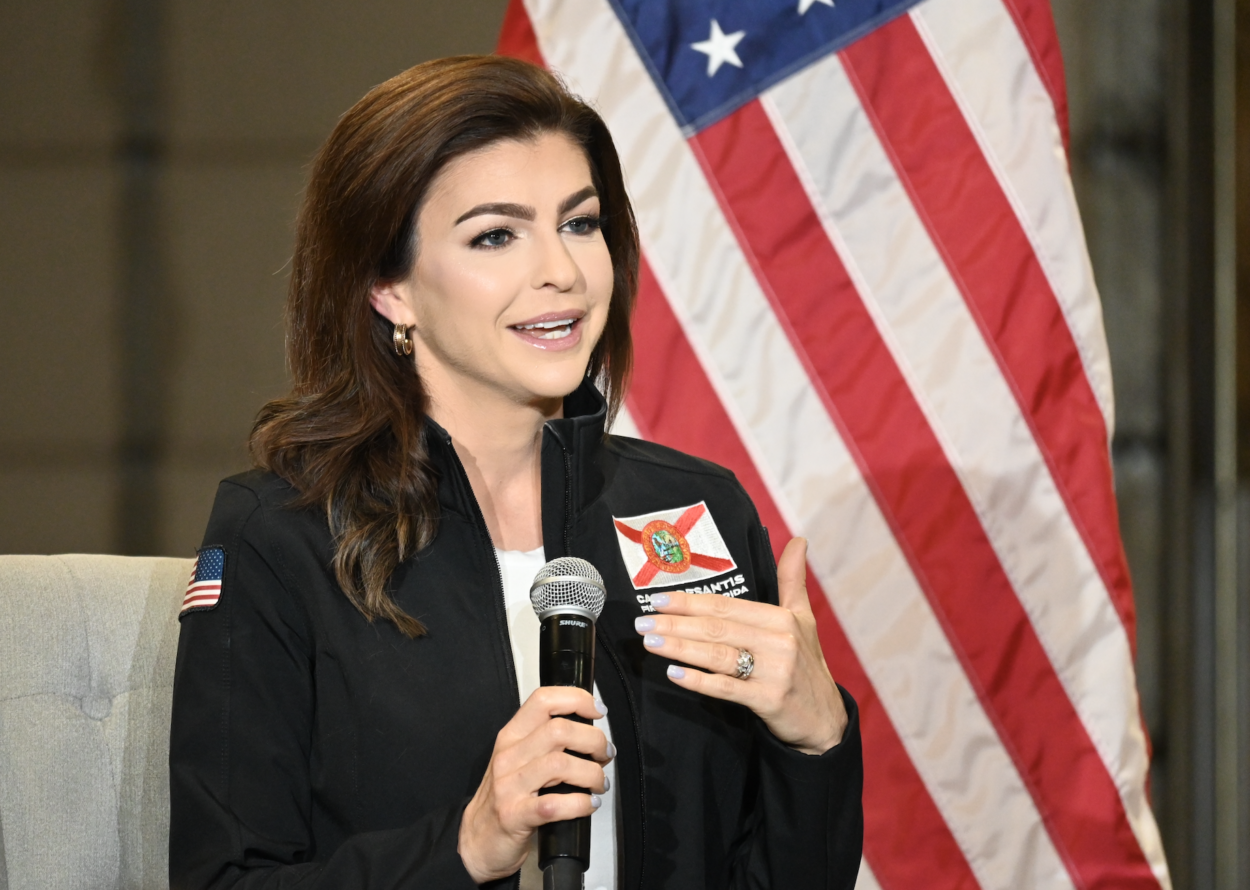TALLAHASSEE, Fla. - Florida Mosquito Control Assocation President Richard Weaver issued a statement Tuesday warning Flordians to stay proactive and protect themselves against new mosquito-borne diseases.
“So far this summer, Florida has seen increases in mosquito-borne disease activity – including locally transmitted and travel related cases in humans," Weaver said in a press release. "We have already seen reports of West Nile virus infections in humans, Dengue cases on the rise, and now Oropouche emerging as a new threat."
Specifically, Weaver noted South Florida counties saw the largest dengue fever outbreak in more than 75 years. Malaria also was transmitted in the state for the first time in more than 20 years.
According to the release, mosquitos are stealthy creatures that thrive in outdoor settings. In addition, Florida's hot, humid, and rainy summer climate has spawned more than 80 species to thrive in the state.
Overall, mosquitos account for a quarter of a million deaths globally each year, the most of any animal. They also kill livestock and domestic animals, and harm agriculture and economies.
Recently, a 41-year-old New Hampshire man died after contracting the mosquito-borne virus known as eastern equine encephalitis. Along with a risk to humans, mosquitos also can cause Heartworm disease in dogs and cats.
Despite the threat, Weaver said Florida remained "exceedingly safe and accessible" to residents, businesses and visitors from Mosquitos.
“We want to assure the public that the Florida Mosquito Control Association (FMCA) and its members - 67 mosquito control programs including 15 independent districts – are working diligently to control mosquitoes and the diseases they transmit," Weaver said.
Weaver also identified simple precautions Floridians can take to protect themselves and their families.
"It can be as simple as wearing long sleeves and long pants and using EPA registered insect repellants that contain DEET, picaridin, IR3535 or Oil of Lemon Eucalyptus to protect their loved ones," Weaver said. "Mosquitoes are most active at dawn or dusk, so be proactive when you head outdoors."

